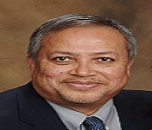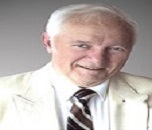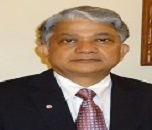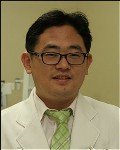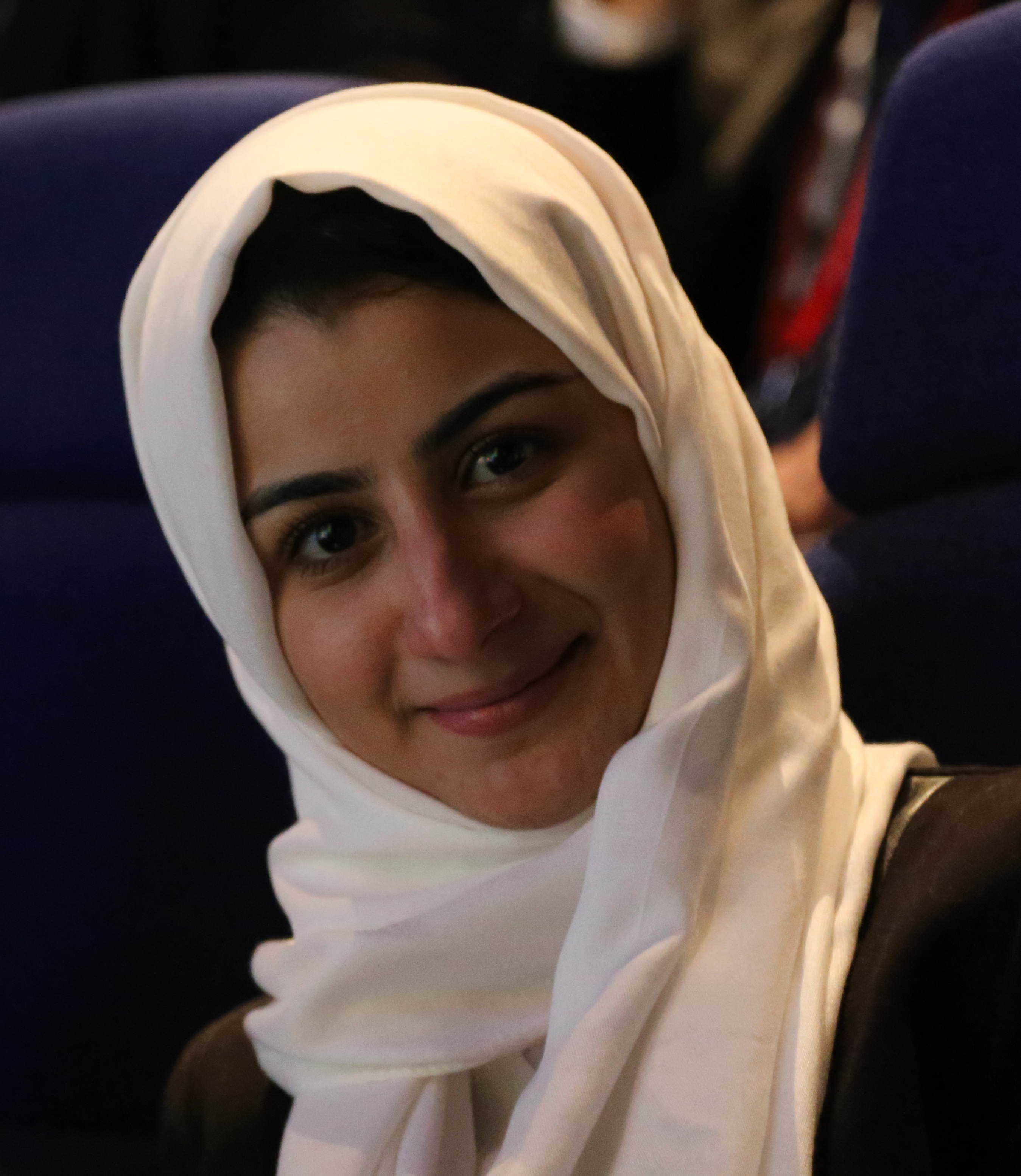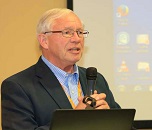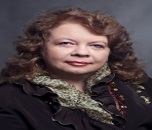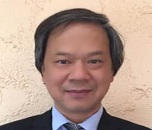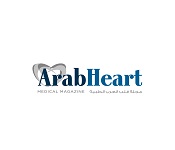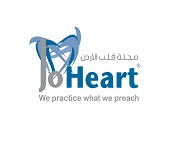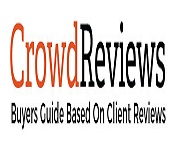Theme: New Methods and Novel Therapeutic Approaches in Pharmacology
Pharma Forum 2019
-
Target Audience:
-
Pharmacologists
-
Therapeutic Professionals
-
Academicians
-
Pharma professionals
-
Pathology professionals
-
Pharmacists
-
Pharmacology researchers
-
Professionals from health care industry
-
PhD scholars
-
Professionals from research institutes
-
Experts from therapeutic research institutes
-
Professionals from novel drug delivery research institutions
-
Physicians
-
Clinical researchers
-
Pharma industry
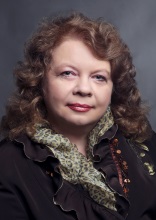

Kursk State Medical University, Kursk, Russia
Why To Attend..?
Global Congress on Pharmacology and Therapeutics Conference provides an optimistic platform for exchanging ideas and helps the attendees to get updated about the advancements and innovations in therapeutics and Pharmacology. The conference regular scientific sessions will be followed by exhibition, workshops and sessions of Networking.
We hope this Congress provides an excellent opportunity to share your best practice initiative, research project, or provide continuing education as it relates current topics and advances around the industries and field of pharmaceutical and therapeutic research. Pharma Forum 2019 provides participants breakout sessions highlighting clinical projects, education, and research studies. This conference also includes interactive sessions and keynote panel discussions.
- Target Audience:
- Pharmacologists
- Therapeutic Professionals
- Academicians
- Pharma professionals
- Pathology professionals
- Pharmacists
- Pharmacology researchers
- Professionals from health care industry
- PhD scholars
- Professionals from research institutes
- Experts from therapeutic research institutes
- Professionals from novel drug delivery research institutions
- Physicians
- Clinical researchers
- Pharma industry
Track 1: Pharmacology
Pharmacology is the branch of science which deals with the medication action. A medication may be extensively characterized as any synthetic, artificial, characteristic, or endogenous atom which applies organic chemistry and in addition physiological impact on the cell, tissue, organ, or living being. Significantly it's the investigation of the associations that happen between a living body and chemicals that influence typical or abnormal organic chemistry capability and substances which are having therapeutic properties, they are concluded as pharmaceuticals.
Track 2: Cardiovascular Pharmacology
Cardiovascular pharmacology deals with the study of the impact of medication upon the heart or the cardiovascular system. Cardiovascular pharmacological medicine and therapeutics can focus totally on medication utilized in the treatment of disorder, both current drug classes and those in current development. It mainly contributes to the protection profile of potential new medication and provides pharmacological knowledge that may be used for optimisation of additional compounds and also the final choice of compounds suitable for clinical development.
Track 3: Clinical Pharmacology and Receptor Therapy
Clinical pharmacology has been practiced for hundreds of years through perceptive results of herbal remedies and early medication on humans. Since long scientific advances allowed scientists to come back with the study of physiological effects with biological effects. Receptor theory for drug effects and its discovery with clinical pharmacological medicine has extended to be a multidisciplinary field and has contributed to the findings of drug interaction, therapeutic effectiveness and safety. Drug interactions and pharmacology compatibilities embrace the study of pharmacokinetics that features the absorption, distribution, metabolism, and elimination of drug.The pharmacological effect that a medication has on the body is known as pharmacodynamics. Pharmacokinetic and pharmacodynamics parameters are utmost important because of the association between drug application, microorganism abolition, and resistance.
Track 4: Neuropharmacology
Neuropharmacology is the study of how medicine have an effect on cellular operation within the system, and the neural mechanisms through that they influence the behaviour. There are two main streams of neuropharmacology, behavioural and molecular. It deals with the interactions of neurotransmitters, neuropeptides, neuro hormones, neuromodulators, enzymes, secondary messengers, co-transporters, ion channels and receptor proteins in the central and peripheral nervous systems.
Track 5: Psychopharmacology
Psychopharmacology is the study of the employment of medicines in treating mental disorders. This field requires continuous study in order to keep updated with new advances. This includes understanding the principles of protein binding, half- life, drug-drug interactions and pharmacokinetics and pharmacodynamics
Track 6: Pediatric Pharmacology
Pediatric Pharmacology is about the knowledge on the effects of medicines in children came to prominence in recent years due to appreciable increase in publicly funded research and government initiatives towards providing financial incentives to industry. According to NCBI published article, an independent analyses of the economic cost and return to industry of the pediatric exclusivity program showed that when research was conducted on nine drugs, the cost to industry ranged from $5 to $44 million, with a median of $12.3 million.
Track 7: Occular Pharmacology
Ocular pharmacology deals with basic and clinical analysis concerning biopharmaceuticals that have the capability to prevent, treat and diagnose ocular diseases and disorders and its associated treatments. Ophthalmic diseases embody those each analogous to general diseases and not analogous. Many anterior section diseases treated pharmacologically through eye drops, that have high therapeutic index of native medical care, unlike administering pills for general diseases it requires patients not only to stick to treatment, however to be ready to accurately perform i.e. instill drops properly.
Track 8: Immuno Pharmacology
Immuno pharmacology is that space of medicine sciences handling the selective variation of specific immune responses and particularly of immune cell subsets. The first generation of immune-modulating agents enclosed molecules drawn from oncology and the second generation notably cyclosporine, exploited some natural agents able to block many signal transduction pathways. To modify the increasing field of immune pharmacology some limitations are needed. However in recent years the advances concerning how the system works have known many molecular targets appropriate for a lot of selective modulation of immune perform.
Track 9: Nursing Pharmacology
Pharmacology for nurses is one in the entire foremost necessary component in nursing education. It is the sector in science that associated with management of medicine as per the disease profile of the patient. The pharmaceutical business is directly wedged by the analysis conducted with pharmaceuticals, vaccines and over-the-counter medicine. Through the world, registered nurses play an important role in administering medication to patients in a typical busy hospital environment. This duty needs a massive extent of effort on behalf of nurses to own a solid understanding of pharmacology and possibly fatal drug interactions.
Track 10: Molecular Pharmacology
Molecular pharmacology deals with understanding the molecular basis for the actions of medication and co-jointly the characteristics of interactions between drug molecules and therefore the substrates of drug action within the cell. The methods of molecular pharmacological medicine embrace precise mathematical, physical, chemical, molecular biological and each biochemical and cell biological techniques to understand how cells respond to hormones or pharmacologic agents and how chemical structure correlates with biological activity.
Track 11: Pharmacological Testing
Development of medication is most important concern to medicine. The metabolic stability and additionally the reactivity of a library of candidate drug compounds have to be compelled to be assessed for drug metabolism and toxiclogical studies. Many ways of pharmacological tests are projected for quantitative predictions in drug metabolism.
Track 12: Pharmacokinetics and Pharmacodynamics
Pharmacokinetics and Pharmacodynamics parameters become necessary owing to the association between host drug concentrations, microorganism demolition, and resistance. The Pharmaceutical industries long productive strategy of inserting huge bets on a couple of molecules, promoting them heavily and turning them into blockbusters worked well for several years, but its R&D productivity has currently plummeted and also the environments changing drug biotransformation reactions. Pharmacokinetics influences decisions over the route of administration.
Track 13: Advances in Pharmacological Research
Nano scale drug delivery systems using liposomes and nanoparticles are raising technologies for the rational deliver of chemotherapeutical medicine within the treatment of numerous ailments. Nanoparticles present possible dangers, both medically and environmentally. The pharmaceutical trade is directly influenced by the analysis conducted with pharmaceuticals, vaccines, and over-the-counter medicine being formulated supported findings from the study of life sciences. Clinical trials are conducted to ensure that products being developed are tested on how well they work on individuals affected by the diseases or conditions they are created to treat.
Track 14: Ethno pharmacology and Ethno medicine
Ethno pharmacology is a study or comparison of the standard drugs practiced by numerous ethnic teams, and particularly by indigenous peoples. The word ethno medicine is typically used as an equivalent word for ancient drugs. Ethno medical analysis is interdisciplinary in its study of ancient medicines; it applies the ways of ethno botany and medical anthropology. Often the drug traditions in it studies are preserved only by oral tradition. Scientific ethno medical studies represent either anthropological analysis or drug discovery analysis.
Track 15: Toxicology
Toxicology is the scientific study of adverse effects that occur in living organisms because of chemicals. It involves perceptive and reporting symptoms, mechanisms, detection and treatment of poisonous substances, specially respect to the poisoning of humans. It includes environmental agents and chemical compounds found in nature, likewise as pharmaceutical compounds that are synthesized for medical use by humans.
Track 16: Pharmacogenetics and Pharmacogenomics
Pharmacogenetics refers to however variation in one single gene influences the response to one drug and Pharmacogenomics refers to all of the genes (the genome) will influence responses to drugs. The general feature of those numerous lesions is that 2 nucleotides on opposite strands are joined covalently. Mutagenicity and carcinogenicity are clearly correlated. Understanding the specificity of mutagens in microorganisms leads to the direct implication of environmental mutagens in the cause of human cancers.
Track 17: Pharmacology and Drug Design
Pharmacology is the branch of science worried with the investigation of medication action, where a medication can be extensively characterized as any man-made, characteristic, or endogenous atom which applies organic chemistry and physiological impact on the cell, tissue, organ, or living being. Drug design formerly known as rational drug design, is the creative process of discovering new medications based on the knowledge of a biological target. Drug design study explains the design of chemical molecules that are complementary in shape and charge to the endogenous target with which they interact and therefore will bind to it.
Track 18: Clinical Therapeutics
In broad sense, therapeutics means serving and caring for the patients in a complete manner, inhibiting disease as well as treating particular problems. Exercise, diet, and mental factors are therefore essential to the prevention as well as the management of disease processes. Particular measures that are employed to treat actual symptoms includes, the use of medicine to get rid of pain or treat infection, surgery to remove unhealthy tissue or replace poorly functioning or non-functioning organs with fully operating ones and counselling to relieve emotional distress.
Track 19: Cognitive Behaviour Therapy
Cognitivetherapy defines as a time-sensitive, organised, current oriented psychotherapy focussed towards solving present problems and teaching clients skills to alter dysfunctional thinking and behaviour. It focuses on present thinking, behaviour, and communication rather than on past experiences and is oriented towards problem solving.
Track 20: Holistic Therapy
Holistic Energy psychotherapy is the application and repetition of vibrant energy-sensitive healing modalities. Holistic Energy psychotherapy is based upon the theory that traumatic memories and the negative beliefs, emotions and behaviours that often result from them are experienced as energy blocks in the human energy field. By introducing techniques and tools into therapy that help to restore balance to our energy field, many psychological and emotional problems often resolve rapidly and fully, never to return.
Conference Highlights
- Pharmacology
- Cardiovascular Pharmacology
- Clinical Pharmacology and Receptor Therapy
- Neuropharmacology
- Psychopharmacology
- Pediatric Pharmacology
- Occular Pharmacology
- Immuno Pharmacology
- Nursing Pharmacology
- Molecular Pharmacology
- Pharmacological Testing
- Pharmacokinetics and Pharmacodynamics
- Advances in Pharmacological Research
- Ethnopharmacology and Ethnomedicine
- Toxicology
- Pharmacogenetics and Pharmacogenomics
- Pharmacology and Drug Design
- Clinical Therapeutics
- Cognitive Behavior Therapy
- Holistic Therapy
To share your views and research, please click here to register for the Conference.
To Collaborate Scientific Professionals around the World
| Conference Date | October 07-08 2019 | ||
| Sponsors & Exhibitors |
|
||
| Speaker Opportunity Closed | Day 1 | ||
| Poster Opportunity Closed | Click Here to View | ||
Useful Links
Special Issues
All accepted abstracts will be published in respective Our International Journals.
Abstracts will be provided with Digital Object Identifier by



